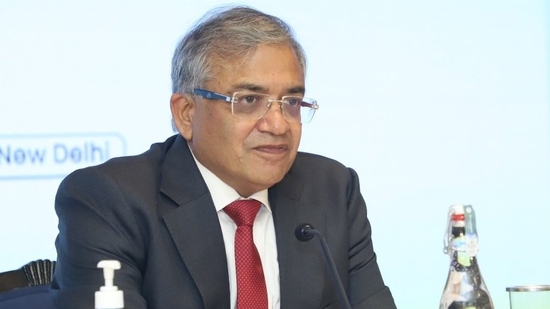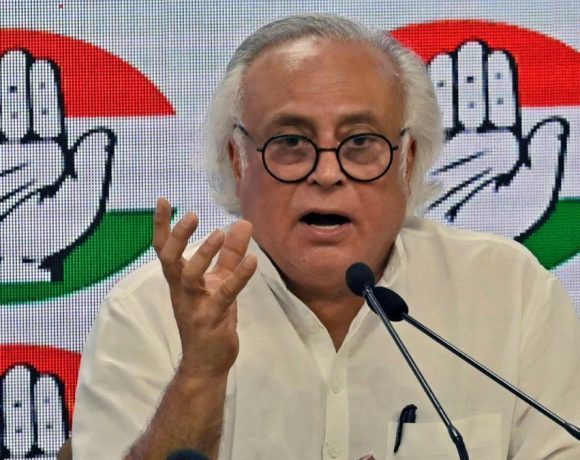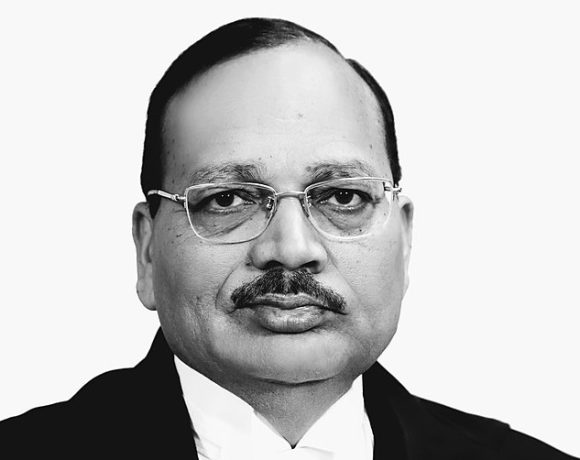
CEC Gyanesh Kumar Reaffirms India’s Electoral Roll Transparency
Chief Election Commissioner Gyanesh Kumar strongly defended the credibility and transparency of India’s electoral roll system during his address at the Stockholm International Conference on Electoral Integrity. His remarks came amid growing domestic scrutiny over voter data handling and alleged irregularities, including recent allegations raised by opposition figures regarding discrepancies in Maharashtra’s voter rolls.
Electoral Transparency Since 1960
Reaffirming the Election Commission of India’s long-standing practices, Gyanesh Kumar stated that electoral rolls have been shared with all recognised political parties annually since 1960. This process is followed during both routine and special revisions, as well as prior to every election. He highlighted that political parties have the legal right to raise claims, submit objections, and appeal any entries in the electoral list, allowing continuous oversight and public participation in voter list management.
Rigorous and Inclusive Process
Kumar asserted that India’s electoral roll verification system is one of the most comprehensive in the world. The final voter list undergoes multi-layer scrutiny involving political parties, candidates, civil society, media, and electoral observers. Real-time transparency is maintained with updates regarding additions, deletions, and corrections, ensuring that every change is traceable and accountable.
He emphasized that the Election Commission operates under a framework that enables “concurrent auditing” of every phase of the electoral roll preparation, from the booth level to the national level. This approach, he said, strengthens public confidence in the system’s integrity and minimizes scope for manipulation.
Scale, Security, and International Collaboration
Highlighting the sheer scale of India’s electoral exercise, the Chief Election Commissioner noted that nearly 979 million voters participated in the 2024 general elections, supported by over 20 million polling and security personnel. More than 743 registered political parties contested, demonstrating the vast democratic canvas managed by the Commission.
Kumar also outlined India’s contributions to strengthening electoral systems globally. Through the India International Institute of Democracy and Election Management (IIIDEM), India has been conducting training and capacity-building sessions for election officials from over 50 countries. These engagements include knowledge-sharing on combating modern digital threats such as deepfakes and AI-based misinformation, further positioning India as a key partner in global electoral integrity.
The Chief Election Commissioner’s statements aim to dispel doubts and reaffirm trust in India’s election infrastructure. His address at the international forum served both as a defence of India’s electoral record and a reaffirmation of the country’s commitment to democratic transparency and international cooperation.


















